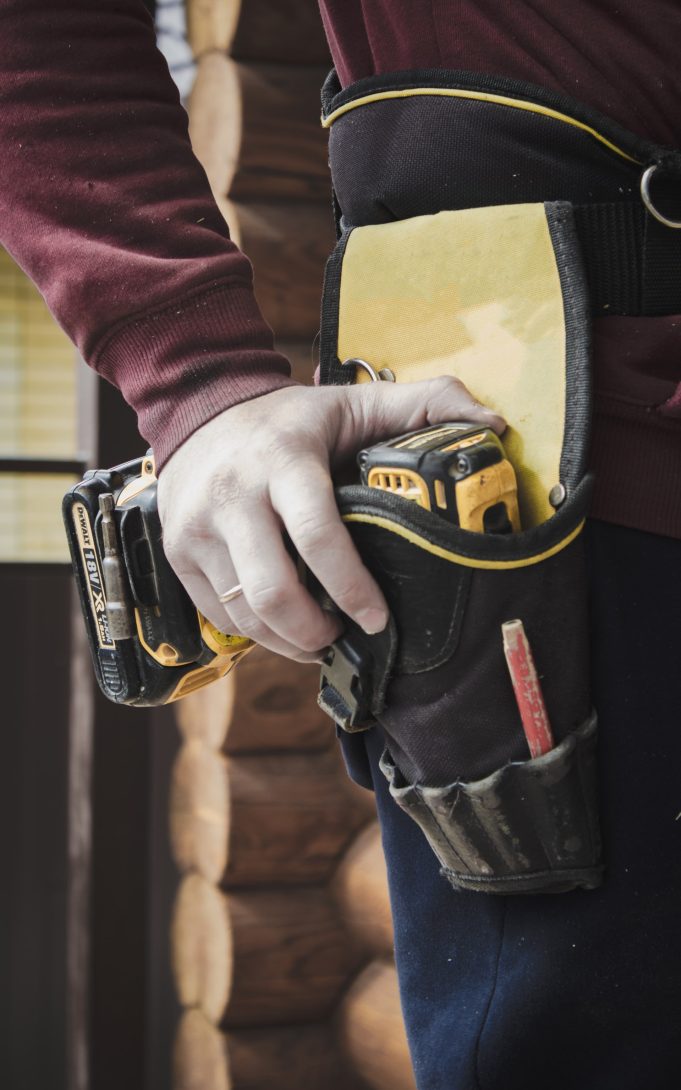Introduction
With the increasing demand for mining operations, getting the right drilling equipment is essential to any successful project. But with two different drilling techniques available, customers are often confused over which one they should use – diamond drilling or conventional drilling.
Diamond drilling is a process by which core samples can be taken from rock formations to evaluate their mineral content. It involves using a rotary drill and a faceted bit that contains diamond segments at its tip. This method has been gaining popularity due to its superior performance in tough materials such as granite and quartzite.
Moreover, it also requires less time and effort than conventional drilling methods. On the other hand, traditional drills are more reliable and efficient in soft rocks such as gypsum, schist, and more.
This content analyses both drilling methods based on their cost efficiency, accuracy, depth capacity, and overall performance so users can make well-informed decisions while selecting the correct type of machinery for their projects.
Understanding Diamond and Conventional Drilling
Diamond drilling is a type of rotary drilling that uses diamond-coated bits to cut precise holes in various materials, such as concrete and stone. Contractors in civil engineering, construction, and quarrying operations often use it.
When it comes to conventional drilling is any type of mechanical hole-making technique that does not use diamond-coated bits. This includes spiral, percussion, and impact drills, which are widely used in many industries, especially metalworking and woodworking.
Now that you know what both drilling forms are, let’s dig in deep and precisely check the difference.
Diamond Drilling vs Conventional Drilling
Both drilling types have benefits and suitability for different projects, each having distinct advantages in certain situations. To help you decide which option is best for your needs, here’s a brief comparison between diamond drilling vs conventional drilling:
– Speed and Efficiency:
Diamond drills are faster than conventional drills since they provide precision cuts due to their hardness and ability to stay sharp for extended periods. Consequently, they can complete projects much faster than traditional methods and require fewer labour hours at most times.
– Precision and Accuracy:
As diamond drills cut through materials more accurately, they can provide an extremely clean finish with perfectly round holes without additional work or polishing when done correctly. Whereas conventional drill techniques often leave edges rough or jagged, which requires extra steps after the initial operation to get an acceptable result.
– Cost-Effectiveness:
Diamond drilling will be costlier than traditional methods due to the higher expense of the tools needed to utilise it effectively. However, if it saves time by providing quicker finishing rates plus cleanliness due to its accuracy, this technique may be well worth its price tag.
– Environmental Impact:
Both diamond drills and conventional drills possess a minimal environmental impact when compared to other construction activities like excavation or demolition, which damage soil structures and create large amounts of dust particles that can travel long distances from their source, causing health hazards in downtown areas located near sites.
– Safety Considerations:
Operators must be aware of the potential risks when working with both drill machines. So they can prepare accordingly. Protective gear should always be worn on site as pieces have broken off while cutting material has been known to cause severe injury. Tooling should also always be checked appropriately, and ensure installations are safe before switching power sources. Failure in these basic steps could endanger workers around significantly.
Diamond drilling has proven super-useful through precision cutting capabilities versus principles behind traditional mechanical techniques, which have been largely unchanged for hundreds of years. However, making a side comparison of cost benefits, environmental concerns safety still highly recommended each case before deciding to push forward course action regarding complexity job.
Why Choose Diamond Drilling over Conventional Drilling?
When deciding between using a conventional drill motor or investing in a diamond drill setup, it is essential to consider factors such as precision requirements, cost-effectiveness over time, material compatibility, and overall project complexity. Generally speaking. However, experts agree that if accuracy and speed are vital considerations, then it makes sense to invest in specialised diamond equipment due to its superior features compared to conventional drills, including:
1. Accuracy –
Diamond drilling is widely known for its accuracy in terms of drill placement. Because it uses a rotating diamond-impregnated core bit, it makes short work of drilling accurately into concrete, tiles, stone, and other hard surfaces.
2. Time-Saving –
Diamond drilling does not require a hole saw or other manual labour to cut through hard surfaces like brick and concrete; diamond drilling is much faster than conventional methods, which can be time-consuming and potentially dangerous if mishandling power tools.
3. Precision Drilling –
A diamond-impregnated bit allows for effortless precision drilling through materials. The core bit will only drill away material at the exact location you want it to, which ensures there are no wasted materials during the project, indicating an efficient method of drilling over conventional methods that create shavings in difficult places to clean out
4. Cost-effective –
Diamond drills only require minimal setup; they’re generally easier and often cheaper than buying or hiring expensive tools to perform conventional or hand-drilling operations successfully.
5. Versatile –
With diamond drills, you get the flexibility to drill tight angles, even in places where access may be an issue due to limited space due to the geometry of most diamond drills being very narrow compared to conventional methods, without sacrificing accuracy or speed.
Diamond Drilling Service in Kent
Below are the pointers that show how you can find the best diamond drilling service in Kent. Check it out:
1. Do Your Research:
Before looking for a diamond drilling service, research and ask around. See if you can find recommendations from people who have used similar services in the area and get advice on which services offer the best value.
2. Check The Equipment Used:
Ensure that the drilling contractor you’ll hire uses top-notch tools and modern equipment to complete your job efficiently. In addition, ask them to show you their inspection and certification records so you can rest assured they can service your needs.
3. Compare Prices:
Drilling can be pricey, depending on the type of job required, so it’s important to compare several companies before settling on one service provider. Many contractors offer competitive prices, so survey multiple companies before deciding on a specific rate— this will ensure that you are getting good value for money without sacrificing the quality of work or safety standards.
4. Consider Specialised Services:
Consider those if your project requires specialised knowledge or techniques when looking into different drilling services in Kent. Depending on your needs, some drilled may require technically advanced skills or specialised tools— this should also factor into pricing structure when examining quotes from different contractors.
5. Ask Questions:
Asking about the experience level, qualifications, prior jobs completed, and what type of insurance coverage they carry is key in finding the right drillers for your job requirements in the Kent area. Don’t be afraid to ask – someone with years of experience should be more than happy to answer all inquiries about their work history and credentials.
Why CA Drillers?
Below are the reasons that make CA Drillers the best diamond drilling Kent company in the business. Check it out:
1. Experienced Team –
The team at CA Drillers has decades of experience in the diamond drilling industry. This means highly skilled and knowledgeable technicians who can tackle the most challenging projects competently and precisely.
2. Comprehensive Solutions –
CA Drillers offers a full range of diamond drilling services, from core sampling and cave stabilisation to soil sampling and concrete cutting for all construction projects.
3. Proven Techniques –
The drillers use proven techniques to ensure each job is carried out safely and efficiently without sacrificing quality or accuracy. They use advanced technologies to minimise environmental impact while ensuring efficiency and reliability.
4. Modern Equipment & Technology –
CA Drillers have modern equipment and technology that allows them to work quickly, accurately, and safely in tough conditions or jobs with limited or difficult access.
Conclusion
Diamond drilling and conventional drilling have advantages and disadvantages. Diamond drilling is more expensive than conventional drilling but produces cleaner, faster, and more accurate results. On the other hand, conventional drilling is less expensive and can provide a larger scope of work due to the wider range of drill bits.
Ultimately, which type of drilling is better depends on the specific job requirements, as each has unique pros and cons. Therefore, companies need to weigh their options carefully when deciding which type of drill best suits their needs to select the most efficient option.














